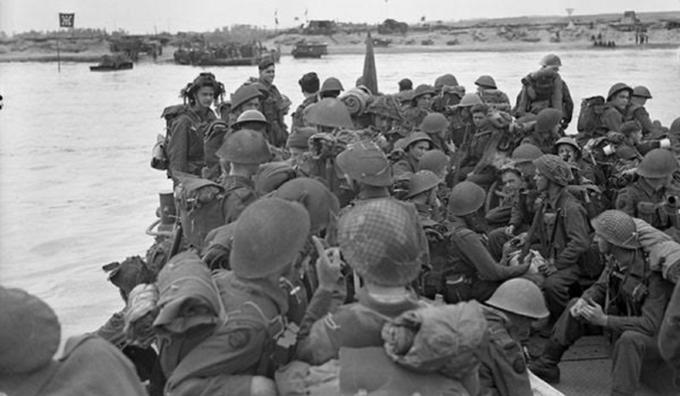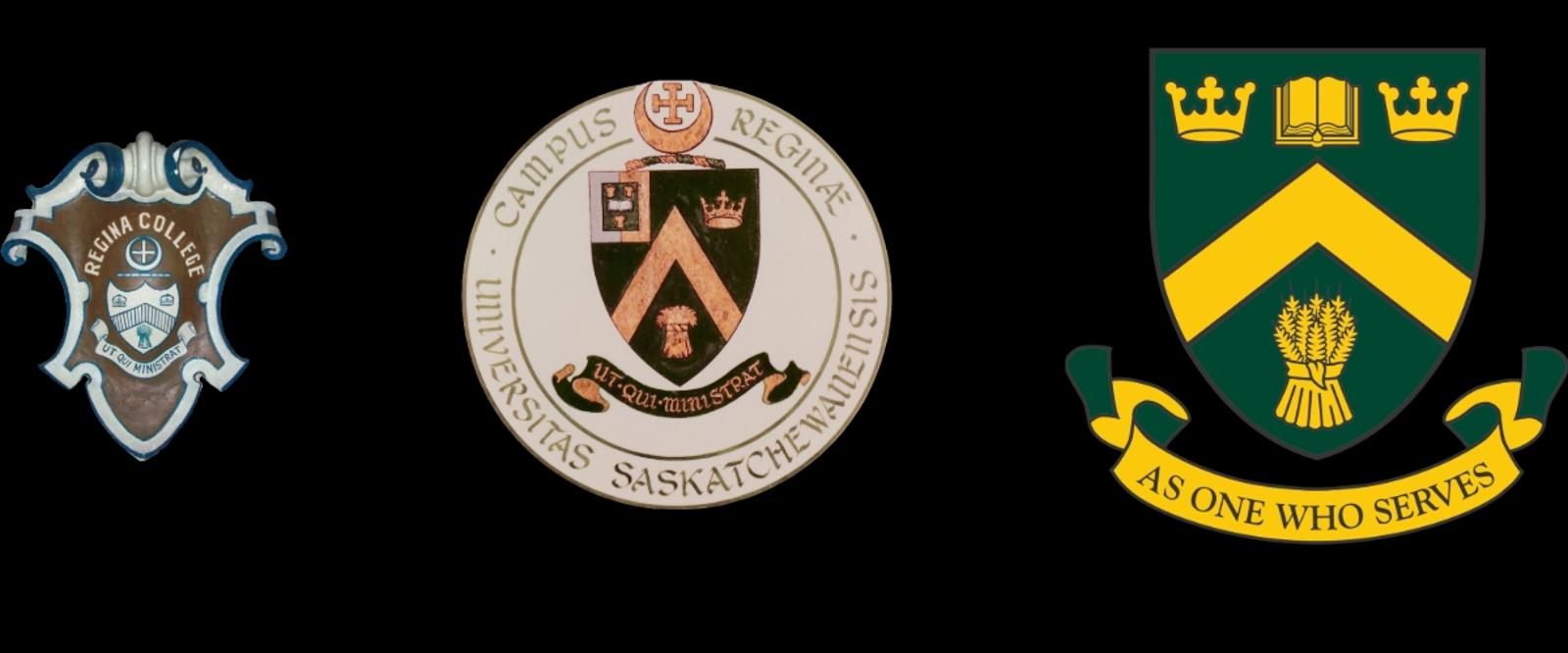It was the largest seaborne invasion in the history of the world. At about 6:30 am on June 6, 1944, more than 5,000 ships carrying some 175,000 troops landed on the beaches of Normandy in northern France. Among them were the “Farmer Johns” from Saskatchewan who had volunteered with the Regina Rifles. The Rifles were the first to storm the beaches and, in fact, made it further inland on that first day of fighting than any other allied troops.
The Regina Rifles were made up of soldiers from Regina and across Saskatchewan; all were volunteers and many of the enlisted men were Indigenous. Members of the Rifles would receive 36 individual medals of bravery and commendation while suffering 458 fatal casualties in 11 months of fighting from June 1944 to May 1945.
How do we make history tangible today; how do we make it matter today? That’s what I was brought on to do. — Kelsey Lonie, History master’s graduate
Now, a U of R History graduate is playing a key role in an event that will pay tribute to the brave men who landed at Juno Beach almost 80 years ago. Kelsey Lonie recently completed her master’s degree in History and was hired by the Royal Rifles Senate and Trust as their historian and communications liaison.
Find out how she’s helping the Rifles go back to Juno Beach next year for a tribute 80 years in the making. Read the full story at Degrees Magazine.
Banner photo: Members of the Regina Rifles prepare to land at Juno Beach on June 6, 1944. Photo courtesy of Kelsey Lonie.
About the University of Regina
Set in the heart of the Canadian prairies we are a comprehensive, mid-sized university where the opportunities are as limitless as the horizon. Our campuses are on Treaty 4 and 6 - the territories of the nêhiyawak, Anihšināpēk, Dakota, Lakota, and Nakoda peoples, and the homeland of the Michif/Métis nation. It is our responsibility to strengthen relationships with Indigenous communities to build a more inclusive future for all. Our three federated colleges, 10 faculties, 25 academic departments, and 18 research centres foster innovative research with practical and theoretical applications. We are committed to cultivating the potential of our 16,000 students and supporting their health and well-being. We take learning beyond the classroom through work and volunteer experiences to develop career-ready graduates.
Let’s go far, together.




